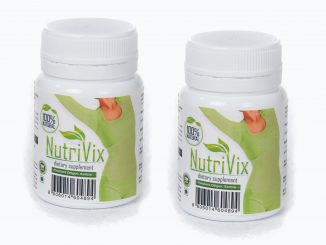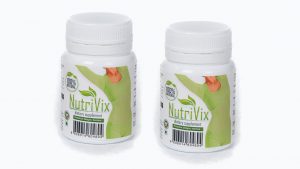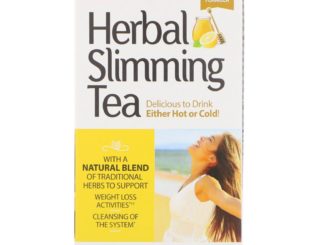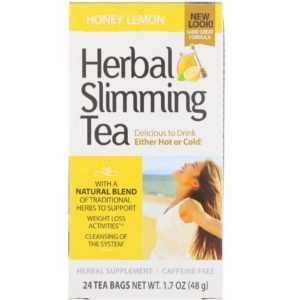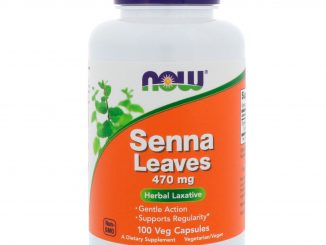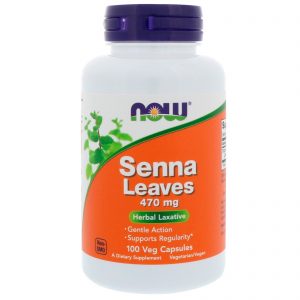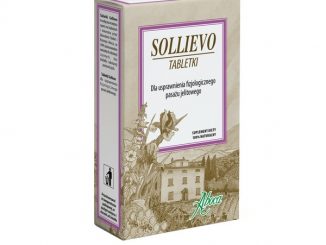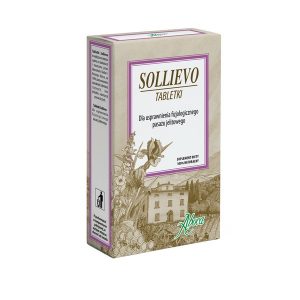The properties of Alexandrian Senna
Historically, Senna alexandrina was used in the form of senna pods, or as herbal tea made from the leaves, as a laxative. It also serves as a fungicide.
Modern medicine has used extracts since at least the 1950s as a laxative. If accidentally ingested by infants, it can cause side effects such as severe diaper rash. The active ingredients are several senna glycosides which interact with immune cells in the colon.


























































